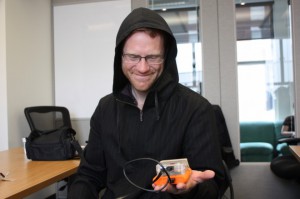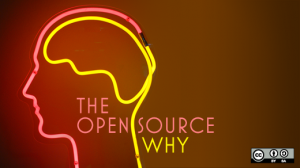
Open Source and Innovation Go Hand in Hand
Posted: 08 Aug 2013 09:18 PM PDT
Open source, in all of its iterations, drives innovation and efficiency. More than ever, information technology circles are buzzing with news about how open source software (and an emerging open source hardware market) ensures that organizations of every shape and size can get their specific needs met by open source solutions. Tom Trainer covers this very topic in his article for Network Computing, “Open Source Poised for Innovation Explosion.”
Trainer begins:
“Open source software is now a common component in most organizations’ IT infrastructure, particularly at the server OS layer where Linux has made significant inroads. Now open source software is becoming more common in other data center realms such as storage, and is poised for significant growth.”
Trainer goes on to say that open source will continue to dominate the market for many reasons, but chief among them will be cost effectiveness. Even though the economy is on the rebound, efficiencies are still being demanded as the recession proved that companies really could do more with less. However, security and customer support are still concerns. For organizations with those concerns, a value-added open source solution is often a good fit. For instance, LucidWorks offers solutions for the enterprise including Big Data, with cloud and hybrid deployments. And while the solutions are award winning, the customer service and training offered by LucidWorks is unbeatable.
Emily Rae Aldridge, August 16, 2013
Sponsored by ArnoldIT.com, developer of Beyond Search








